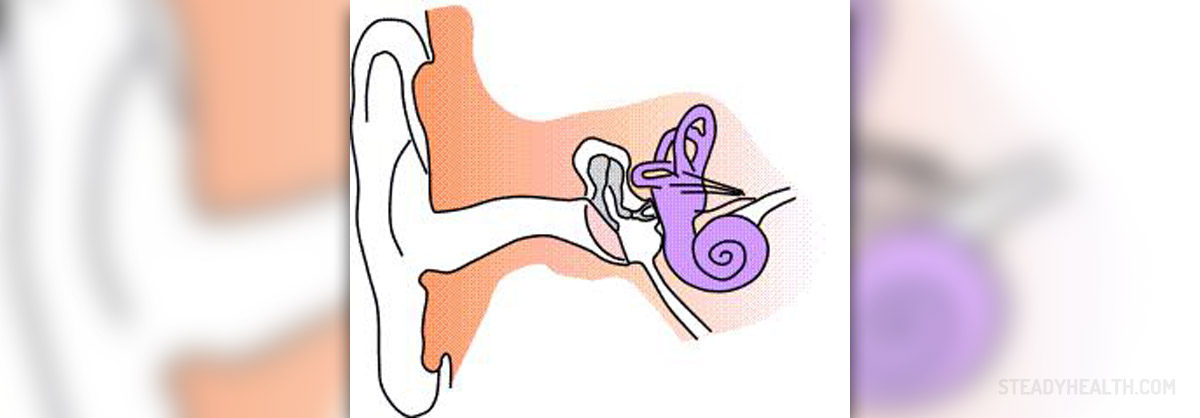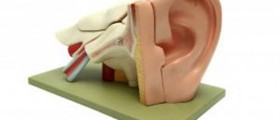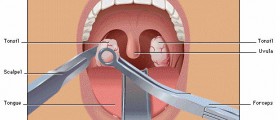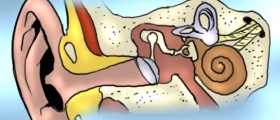
The most common ear problems that affect both children and adults are ear infections. They are seen in children more often than in adults, but that does not mean adults are immune to them. Ear infections occur due to bacterial or viral presence in the ear or as a secondary infection following a common cold.
Otitis media or middle ear infection is the most common ear infection. They usually occur when bacteria or viruses that caused cold, sore throat or flu spread to the middle ear, causing inflammation. Another type of ear infection in adults is otitis externa, also called swimmer’s ear.
Causes of ear infections
The most common causes of ear infections among adults are bacteria and viruses. In otitis media, the bacteria or viruses travel from the nose to the ear through the lining of the Eustachian tube, a small channel connecting the ear and the back of the nose. They cause swelling of the middle ear and blockage of the Eustachian tube. The white blood cells gather at the infection site to fight it and dead white cells, bacteria or viruses for pus which pushes against the eardrum, causing pain, and disrupts normal hearing processes.
Otitis externa or swimmer’s ear is usually caused by bacteria or fungi that invade the ear through moist. This type of infection is generally seen in people who spend time swimming, diving, using public swimming pools and such, hence the name.
Symptoms of ear infections in adults
Even though ear infections are less common in adults, that does not mean the symptoms are less pronounced. They may include earache, pressure in the ear, ear blockage, dizziness, headache, fever, temporary hearing loss and similar. However, these symptoms are not necessarily indicative of ear infections, which is why it is better to see a doctor and confirm the suspicions.
In otitis externa, the symptoms usually include itching, pain that gets worse when moving the jaw or the earlobe, discharge from the ear, slight loss and mild hearing impairment.
Treatment for ear infections in adults
Sometimes ear infections in adults clear on their own after a few days, during which time natural home remedies can be used to speed up the healing. However, if the infection persists, the doctor may prescribe ear drops containing antibiotic, possibly along with a course of oral antibiotics. It is very important to follow the instructions regarding antibiotics and to use them all, instead of quitting as soon as the symptoms subside.

















Your thoughts on this
Loading...